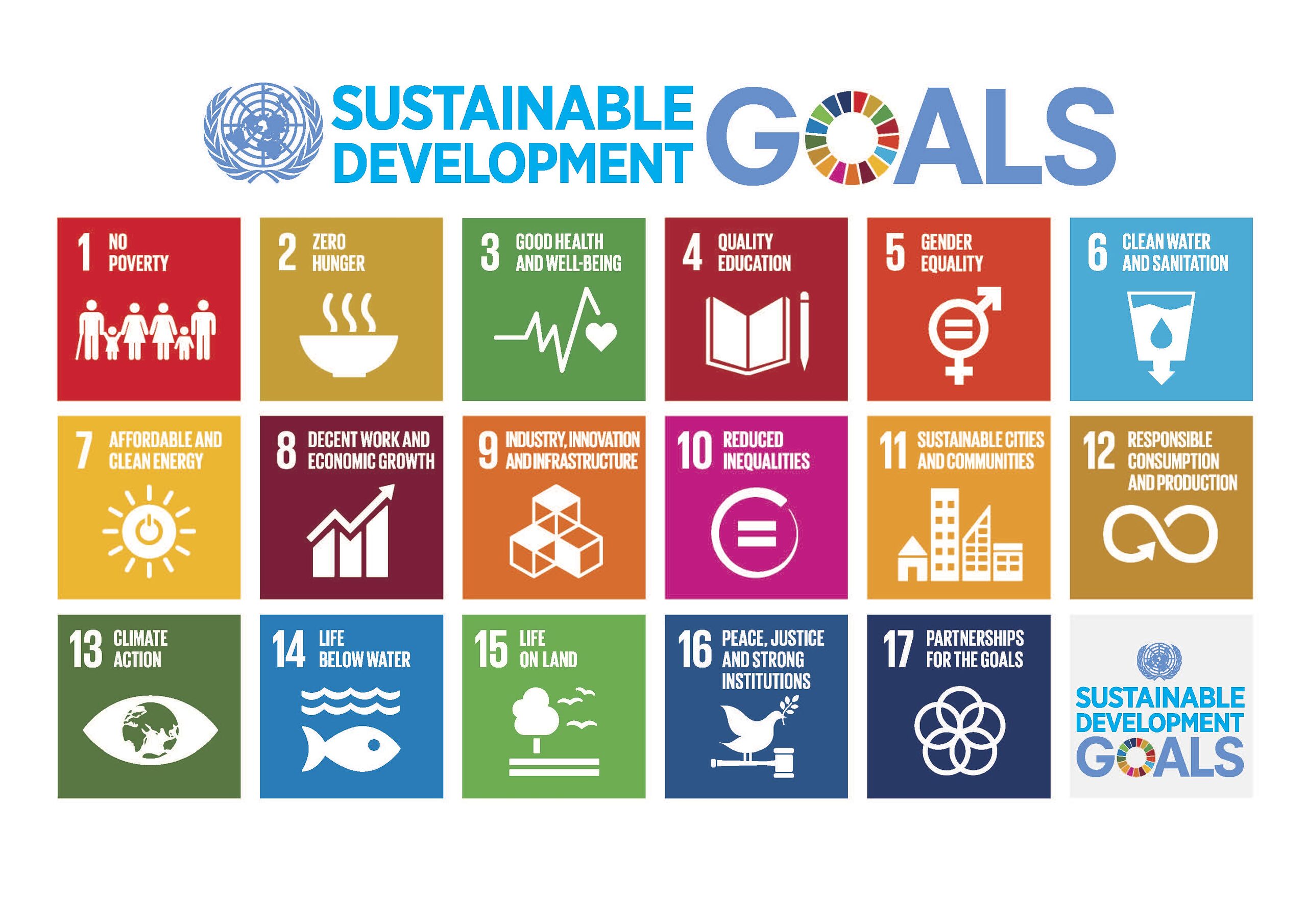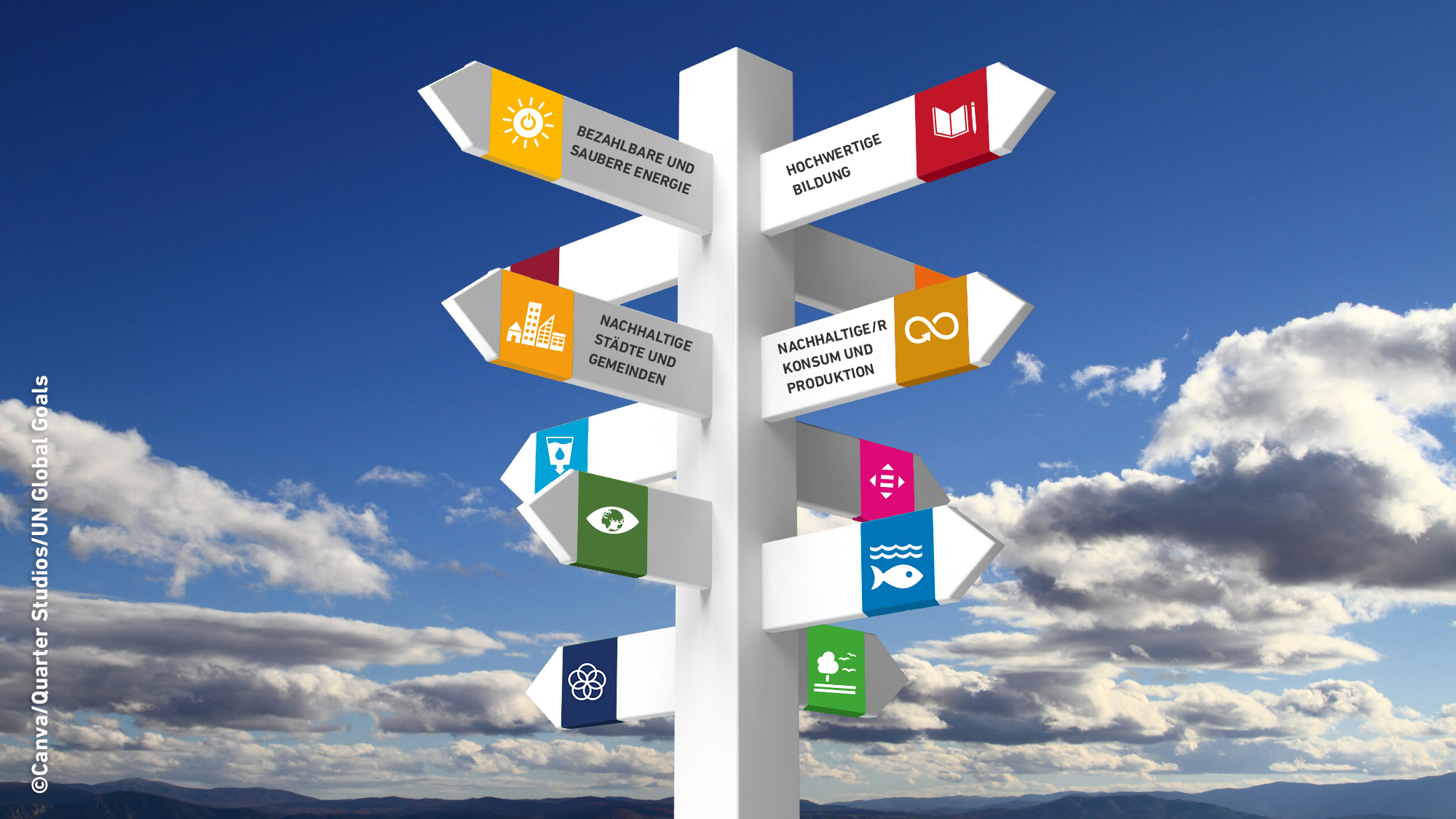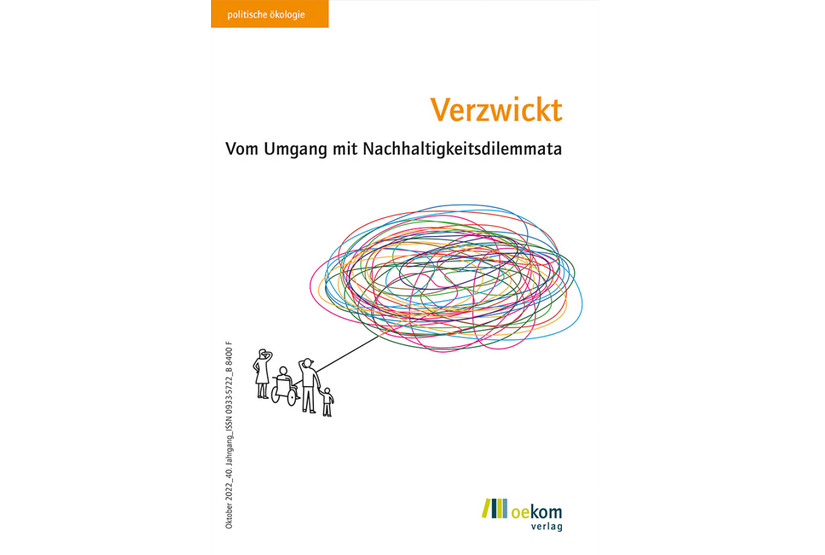Education for Sustainable Development: The Great Transformation – Sustainability Dilemmas and Dealing with Uncertainty
The German Federal Foundation for the Environment (DBU) has provided significant support for the UN Decade of Education for Sustainable Development (2005-2014) and the UNESCO World Programme of Action “Education for Sustainable Development” (2015-2019): In more than 300 projects, the DBU has promoted model solutions and their transfer into long-term structures. DBU representatives are also active in the central committees.
In the UNESCO program “Education for Sustainable Development: Towards achieving the SDGs (ESD for 2030)”, which has been running since summer 2020, the DBU is providing new impetus in the form of innovative and model educational projects and through its operational activities. The DBU call addresses in particular conflicting goals that manifest themselves in the form of so-called sustainability dilemmas.
One call for proposals, more than 200 applications, 26 projects shortlisted, 14 projects selected by a jury of experts and the Board of Trustees of the German Federal Foundation for the Environment and now receiving funding: It’s all about “The Great Transformation – Sustainability Dilemmas and Dealing with Uncertainties”.
The focus of this call for funding for education projects, launched in spring 2020, is on conflicting goals and sustainability dilemmas within and between the Sustainable Development Goals (Sustainable Development Goals, or SDGs for short). This involves topics that focus on current sustainability transformations and thus on fundamental social transformation processes towards sustainability, for example in the areas of mobility, renewable energies, consumption, urban development, land use or biodiversity protection. The target groups are primarily children and young people, but also students, teachers at schools and universities, and small and medium-sized enterprises.
The focus areas of the RFP were:
- Sustainability dilemmas as an educational occasion and dealing with uncertainties as an educational goal.
Transformation processes are often accompanied by conflicts, dilemmas and uncertainties, because sustainability goals are often in competition with each other. For example, in the area of mobility/energy: a shift from fossil fuel-based mobility to sustainable mobility will lead to an increased need for renewable energy. The provision of these in turn requires the expansion of, for example, wind power plants with a potential effect on habitats and biodiversity. Such sustainability dilemmas are addressed in the projects.
- The
Dealing with uncertainties as a didactic challenge
What development paths should be taken in land use, new technologies and social innovations? In addition to working out possible solution strategies, it is also a question of dealing with uncertainties resulting from conflicts per se: How can complexity, which is increasingly perceived as overwhelming, be dealt with so that sustainable development is not perceived as a supposedly unsolvable dilemma?
The aim of the approved projects is to promote relevant target groups with regard to the required competencies and to strengthen them in dealing with sustainability dilemmas and the resulting uncertainties. The topics range from continuing education concepts for doctors and teachers at schools and universities, to political education projects on sustainability issues, to scientifically accompanied municipal real laboratories with the participation of young people, local government and science.
The digital launch event for the DBU call “The Great Transformation – Sustainability Dilemmas and Dealing with Uncertainties” took place on Monday, June 21, 2021. Among others, Anja Karliczek, Federal Minister of Education and Research, DBU Secretary General Alexander Bonde, the keynote speakers Prof. Dr. Kai Niebert (Univ. Zurich) and Prof. Dr. Arjen Wals (Univ. Wageningen, NL) were present.
You can find the complete online forum to relive on our YouTube channel. You can find Prof. Dr. Niebert’s keynote here; Prof. Dr. Wals’ keynote here.




Projects of the funding initiative
The tender is funded with a total of two million euros. More information on the funded projects can be found here – the profiles were prepared by the respective project partners.
Ongoing projects:
- ESD for 2030: Learning for and in Resilient and Sustainable Communities(DBU-AZ 35601/42).
- ESD for 2030: Teaching tools and key competencies for sustainable product development for engineers (NaProIng)(DBU-AZ 35600/76)
- ESD for 2030: “The Future WE Want”: Sustainability Dilemmas and Dealing with Uncertainties in the Context of a Solution-Oriented Didactics – A Distance Learning-based Education and Training Concept(DBU-AZ 35600/14)
- ESD for 2030: SDG Transformation SPACE (DBU-AZ 35600/96)
- ESD for 2030: KLIMA-AKTIV Actively shaping climate protection & developing political action skills(DBU-AZ 35600/91)
- ESD for 2030: Education for Sustainable Unionists: Capacity Building for Ecological Trade Union Policy to Overcome Social-Ecological Trade Union Conflicts(DBU-AZ 35600/93)
- ESD for 2030: Emotion- and Problem-Focused Coping with Dilemmas, Trade-Offs and Risks in Schools(DBU-AZ 35601/68)
Completed Projects:
- ESD for 2030: A Teach-a-thon for Sustainable Universities in North Rhine-Westphalia(DBU-AZ 35600/47)
- ESD for 2030: Summerschool Climate Justice(DBU-AZ 35601/58)
- ESD for 2030: Dilemmas between Energy and Biodiversity: Addressing, Transforming, Engaging! DEB:ATE!( DBU-AZ35600/36)
- ESD for 2030: Development and implementation of an online course on “Sustainability Dilemmas and Dealing with Uncertainties in Educational Contexts” (in short: NaDi-MOOC) (DBU-AZ 35601/18).
- ESD for 2030: Circle 21 – BBNE-Circular-Economy-Project in (further) education for teachers in information and communication technology and in the field of electromobility(DBU-AZ 35601/48)
- ESD for 2030: Implementation of Education for Sustainable Development (ESD) in Educational Programs of German Geoparks(DBU-AZ 35600/62)
- ESD for 2030: Advanced training for transformative medical practice, planetary health and climate change mitigation(DBU-AZ 35601/17).